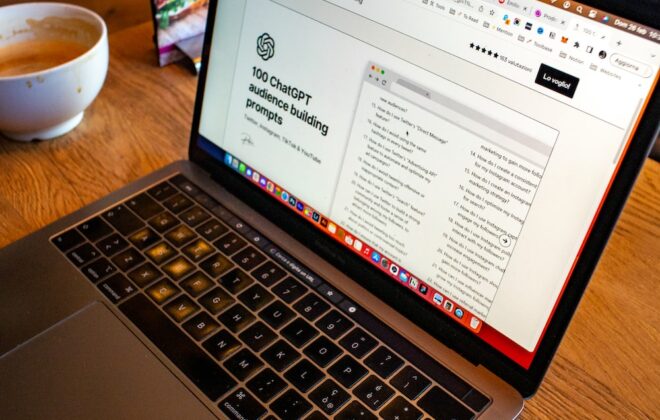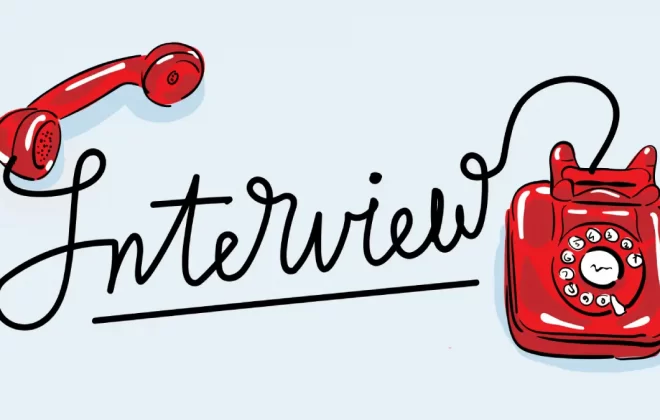
Job Interview Preparation
Congratulations! You’ve been invited to attend a job interview! This is a sign the hiring manager believes you can do the job. By doing your homework and presenting yourself with composure and confidence, you will markedly increase your chances of winning the position.
Job Interview Preparation: What you should do prior?
Page Contents
Your prospective employer is making an investment during the process of interviewing and training and they need to be sure you will be an asset to their business. Knowing this, you need to be aware of the key aspects of the organisation and how you can contribute.
Research the company as much as possible. Don’t just attempt to memorise details on their website though.
If there is a particular challenge or opportunity they presently face (providing the topic isn’t too controversial) you could bring this up at the appropriate time. This shows your initiative and awareness of current events. If it’s something relevant to your skill-set (i.e. a specific project or client you know of), this could be a perfect chance to showcase your suitability.
Job Interview Preparation: Dress
Dress according to the position you are applying for, remember you want to convey professionalism. If in doubt, it’s a good idea to dress more corporate than less so.
Job interview preparation: The Introduction
Research states that people form an opinion of others within a fraction of a second of the meeting, so it’s vital you make a great first impression.
Greet the interviewer enthusiastically – smiling and offering a firm handshake. Maintain good eye contact throughout the interview, without staring.
You can rest your hands on the table and raise them when appropriate to gesture key points that you make.
Job Interview Preparation: Interview Questions
Depending on your industry and the position you are applying for, you will then be asked some variation of fairly standard interview questions.
But you won’t encounter all of them! Regardless, it is imperative that you arrive sufficiently prepared to be able to provide articulate responses should they come up.
Having keen self-awareness is the key to answering any questions likely to arise in a job interview setting.
Use your previous experience to give specific, and where appropriate, quantifiable examples. Make sure these tie in directly with the key criteria selection outlined in the position description or job advertisement.
While it is never a good idea to interrupt the person conducting the interview, treating the conversation as a two-way process, and actively engaging your potential employer when pauses come up, demonstrates confidence and proactivity, conveying to them that you have a genuine interest in the role.
Potential Job Interview Questions:
1.‘Tell me about yourself’
This is the most common question of all – and is usually the first question in your job interview. The interviewer wants to know how your experience will benefit their business.
Briefly communicate your relevant work history, highlighting any pertinent achievements and key skills that you can bring to the role.
Conclude your answer by saying something like ‘so that’s a brief summary of my background. I was really excited to see this position being advertised and I am keen to learn more about it.’
2. ‘What do you know about the company?’
This is where your research will pay off. Showing your knowledge of the organisation’s values and objectives will go a long way to demonstrating a genuine desire to work with them.
3. What are your strengths?
The question is asked to discover whether your skills are in alignment with the requirements of the role.
You need to remember that it’s about what you can offer them, not the other way around.
You should review the key selection criteria as well. This will let you prepare an answer that not only shows you have the skills being sought after but clearly demonstrates a specific and relevant career achievement.
4.What are your weaknesses?
Often thought of as a trick question, the interviewer is looking for an awareness of deficiencies and a willingness to fix them.
Avoid telling the panel weaknesses like ‘I tend to work long hours’ or ‘I can’t say no to people.’
Highlight a weakness that’s relevant to the position and tell the panel what you’re doing to overcome it. Addressing a relevant weakness will show the panel that you understand the position.
If you can answer these questions and others like them with authority, you will be well on the way to securing the position you are after.
Need help with your next job interview?
For more help on preparing for your next interview please feel free to contact us.
We wish you all the best in your job search!
Careers Team, Career Success Australia




